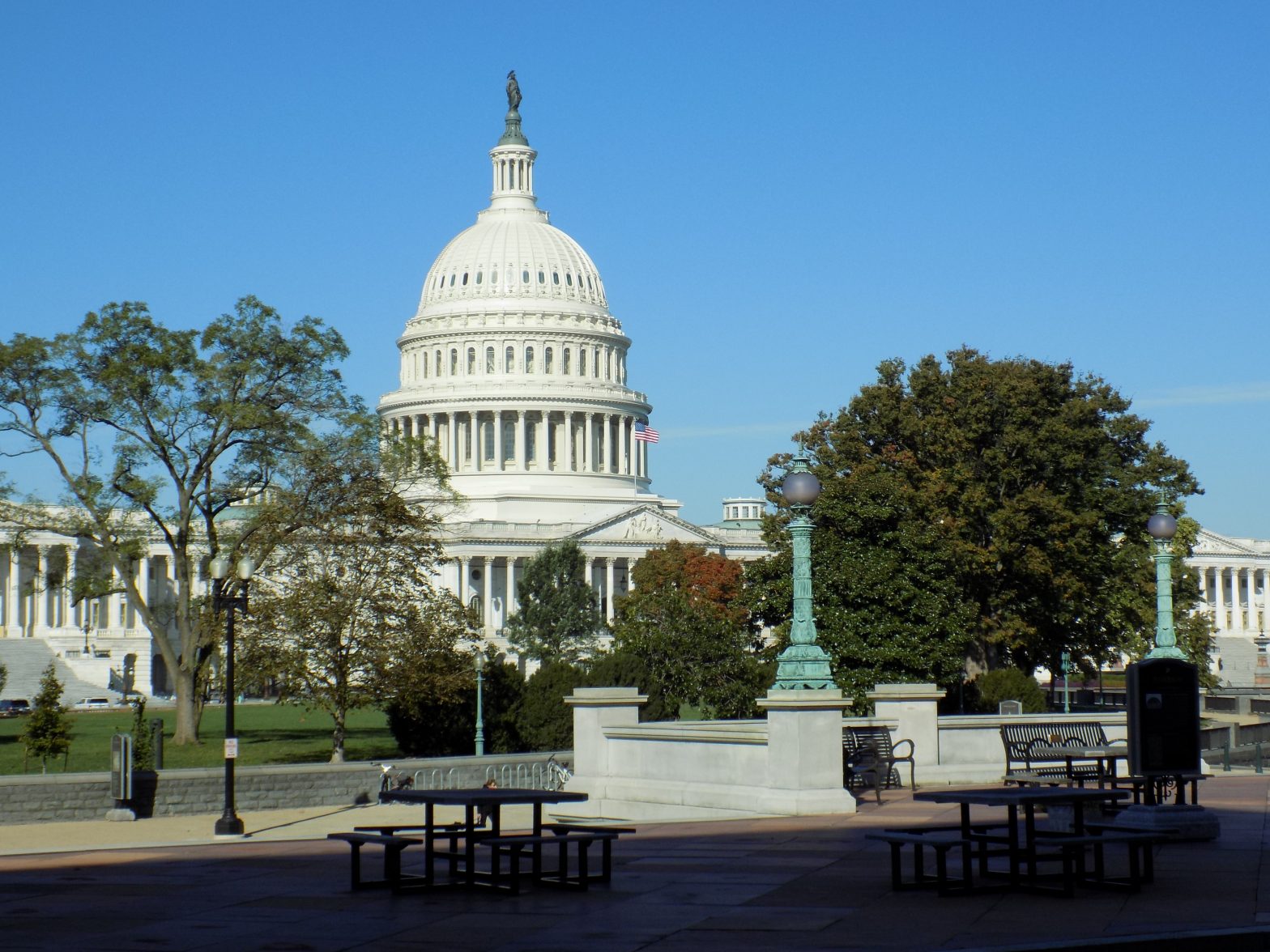New Government Run Health Insurance Option Could Be More Expensive Than Initial Projections, Study Shows

WASHINGTON — With Congress considering significant health care reforms, including creating a government-run health insurance plan called the public option, a new study shows that it could be significantly more expensive than previously estimated.
The study, released by Lanhee J. Chen, Ph.D., Tom Church, and Daniel L. Heil, with support from the Partnership for America’s Health Care Future, reveals the public option could raise payroll taxes on middle-income families by $2,500 a year.
If taxes are not increased for American families, the study finds the public option could add $800 billion to the federal deficit in ten years, $100 billion larger than estimates from an earlier study conducted in January. Given its large price tag, the public option would become the third most expensive government program behind only Medicare and Social Security over the next 30 years.
Previous reporting on a study conducted by FTI Consulting found that implementing a public option could limit competition and consumer choice. The report highlighted greater losses to hospitals, from $49.6 billion to $79.2 billion, with significant losses of commercial insurance revenues, amounting to $20 billion for rural hospitals.
“This new study adds to the mounting evidence that the public option could burden American families with unaffordable, new costs or hurt access to care,” said Lauren Crawford Shaver, the Partnership’s executive director. “We should build and improve on what’s working in health care where private coverage, Medicare, and Medicaid work together to expand access to health coverage and care — not start over with a new government-controlled health insurance system like the public option.”
While the consequences of the public option become clearer, a tracking poll conducted nationwide and in 2020 battleground states by Locust Street Group for the Partnership for America’s Health Care Future – finds that “68% of voters are unwilling to pay any more for health care.” Further, a majority of Americans (65%) prefer to build on our current health care system. And polling by the Kaiser Family Foundation in 2019 shows 74% of people support the federal government doing more to help provide health insurance, but that support declines when additional taxes would be required to create a new government-controlled health insurance system.
The study by Chen, Church, and Heil shows that policymakers may want to proceed with more caution. Instituting a public option may be a bigger lift than initially calculated, and significant affordability challenges to families and businesses remain.
























